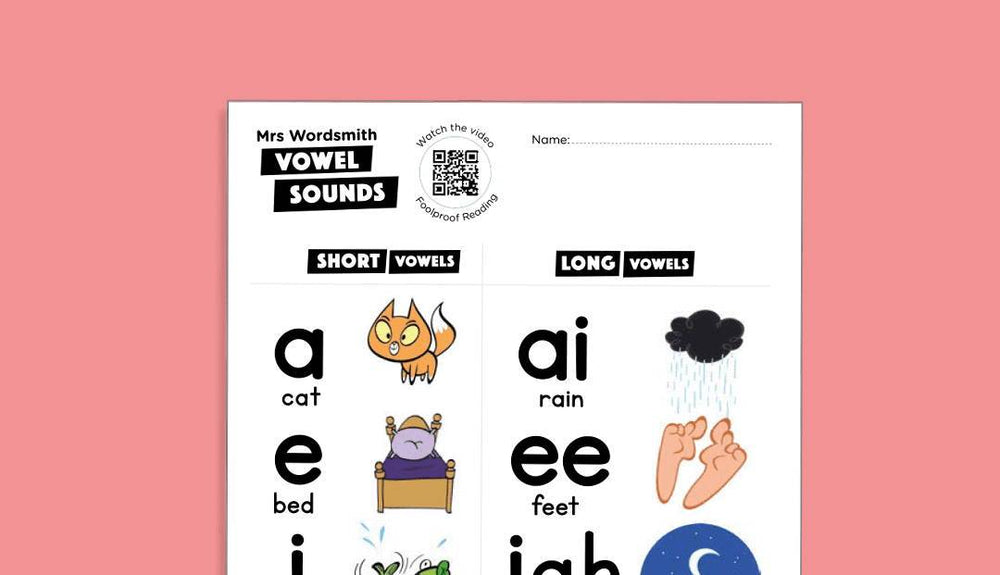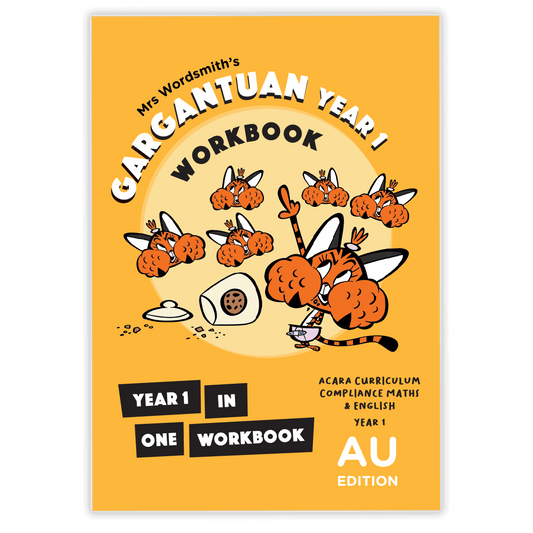Phonemes
The phoneme /ar/
A phoneme is the smallest unit of sound. Each different sound in a word is a phoneme, and each phoneme is represented by a grapheme (a letter or group of letters).Download our Phonemes-Graphemes chart below.
Print out the chart or display it on a screen. Focus on one phoneme at a time. Each phoneme can be written using different graphemes. The phoneme is introduced alongside these corresponding graphemes and example words. Sound out each example word, highlighting how different graphemes can make the same sound.
CCSS.ELA-LITERACY.RF.K.3
Know and apply grade-level phonics and word analysis skills in decoding words.
CCSS.ELA-LITERACY.L.K.2.C
Write a letter or letters for most consonant and short-vowel sounds (phonemes).
CCSS.ELA-LITERACY.RF.K.3.A
Demonstrate basic knowledge of one-to-one letter-sound correspondences by producing the primary sound or many of the most frequent sounds for each consonant.
CCSS.ELA-LITERACY.RF.K.3.B
Associate the long and short sounds with the common spellings (graphemes) for the five major vowels.
CCSS.ELA-LITERACY.RF.1.3.A
Know the spelling-sound correspondences for common consonant digraphs.
EXAMPLE































 https://mrswordsmith.com
https://mrswordsmith.com
Comment
Leave a comment